With solar panels El Pilchi Lodge and Mandi Wasi attract more tourists and protect the environment

The lodge and the community
El Pilchi Lodge and the Mandi Wasi restaurant are an indigenous social enterprise, jointly owned by an association of men (El Pilchi) and an association of women (Mandi Wasi). Both partner associations are from the Kichwa nationality. Together, they found new economic alternatives to generate income for their community through tourism and gastronomy. At the same time, they protect the forests and encourage more individuals to learn and preserve ancestral knowledge that had been almost forgotten and that they have managed to revive.

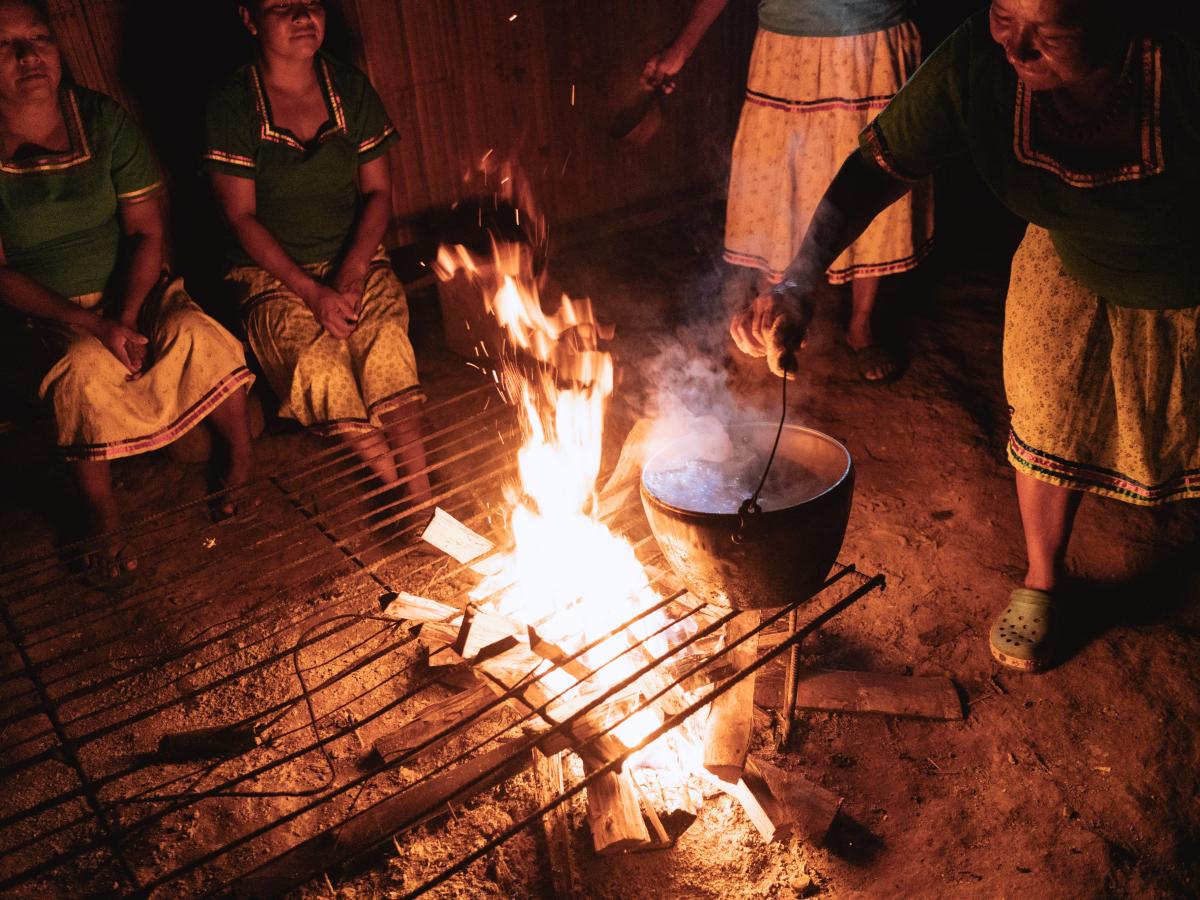
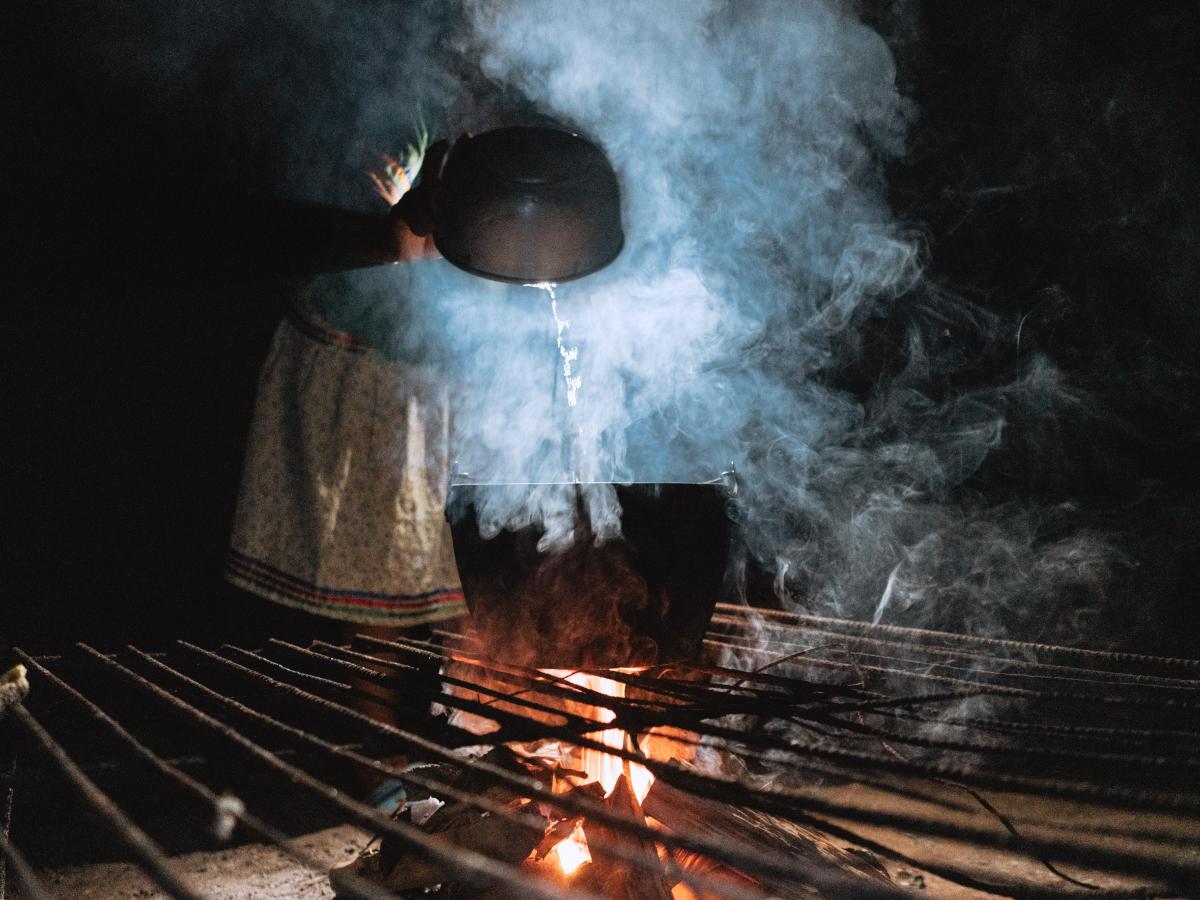
This indigenous social enterprise is located near the Yasuní National Park, in the province of Sucumbíos in the Amazon. To get to it, tourists must take a two-hour boat ride from the city of Coca and navigate down the Napo River.
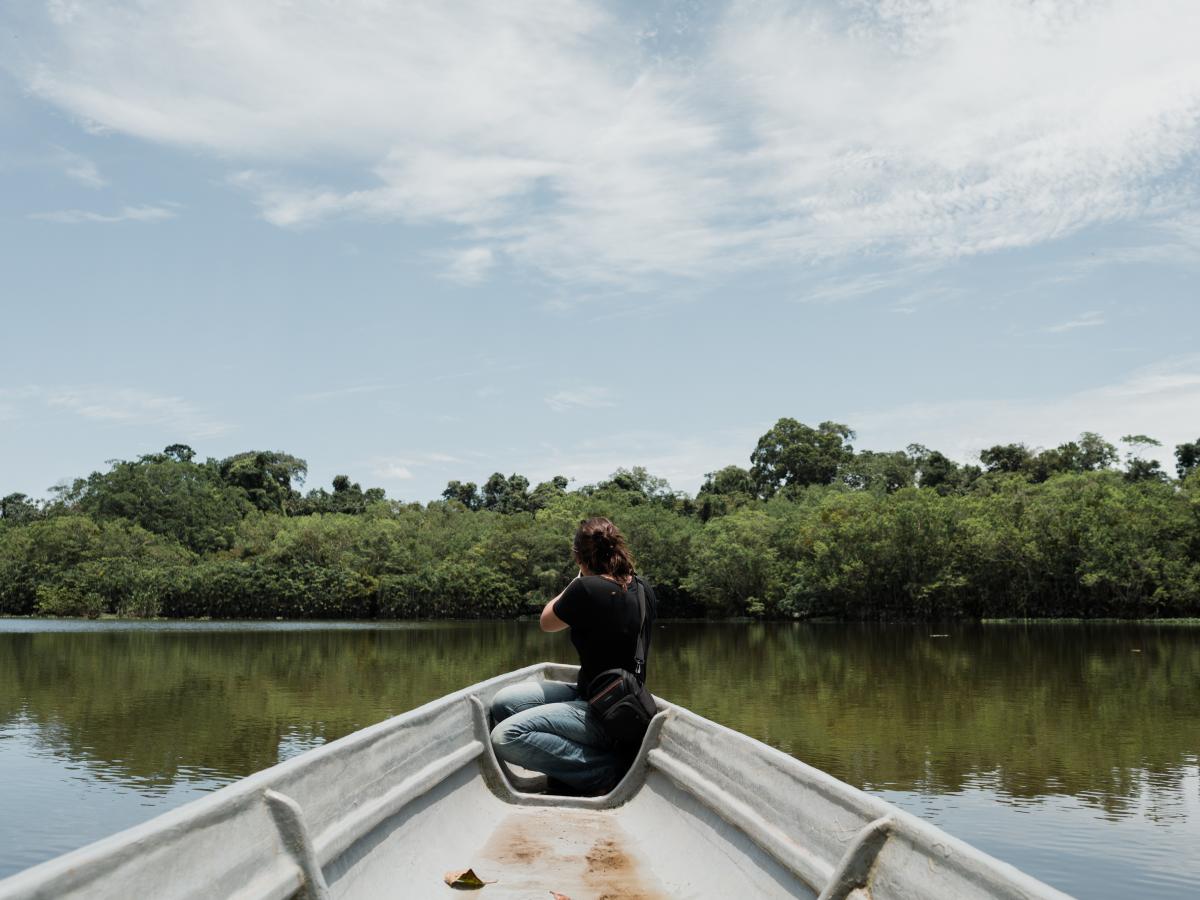
El Pilchi offers lodging and traditional dishes to its visitors and the community at large, to enjoy the tranquility of nature. The El Pilchi lodge is equipped with rooms and bungalows, restrooms, a dining room, and a restaurant named after the women’s association, Mandi Wasi. The lodge offers amenities such as a camping area, boat rides, and crafts and arts for sale.
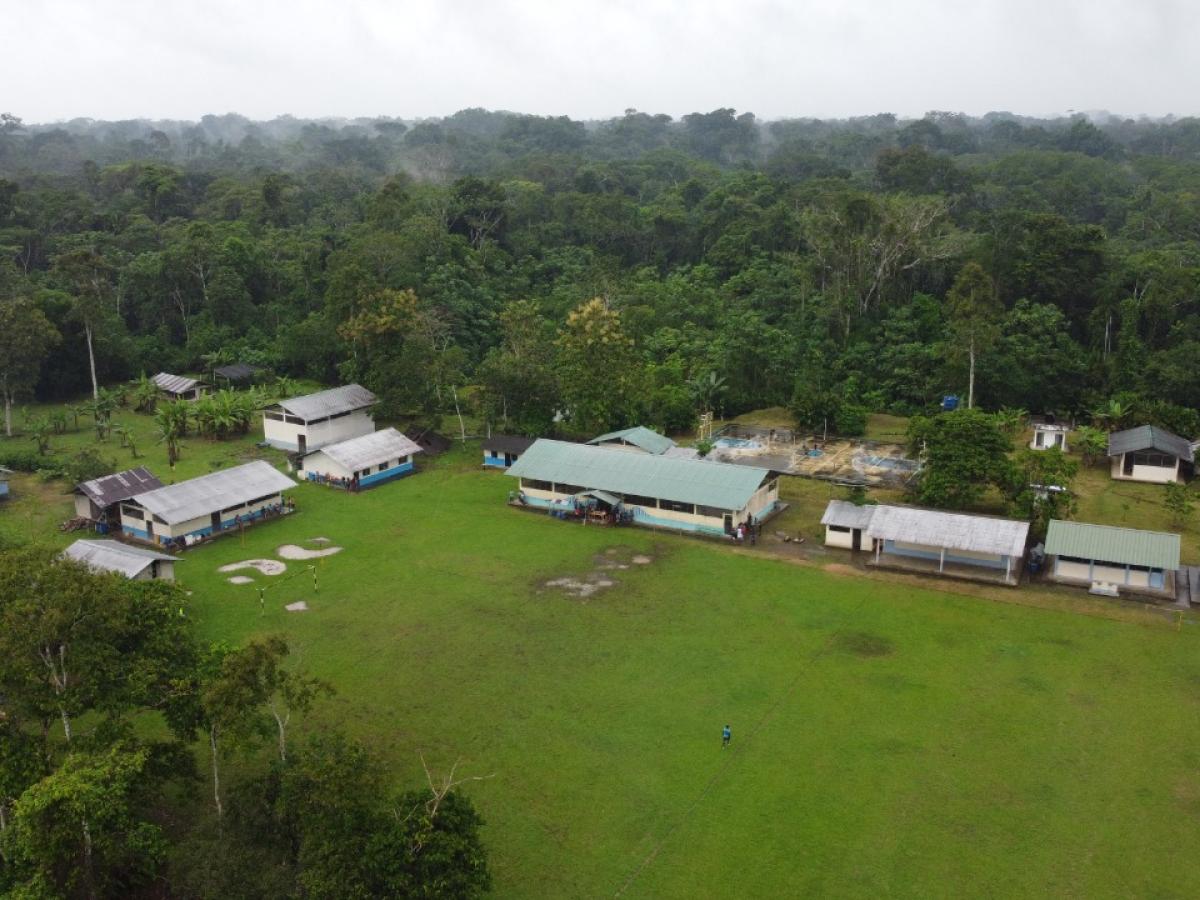
The challenge, access to electricity
Due to their location and geography, many of the Sucumbíos communities do not have electricity. Up until 2020, El Pilchi Lodge and Mandi Wasi relied on a fuel generator for electricity. Even then, they could only have electricity for a couple of hours a day. The lodge could not afford the fuel needed to keep the generator running 24 hours every day. The problem became multitiered. Without electricity the lodge did not have internet. Without it the lodge was at a real disadvantage, as it could not advertise its services to potential visitors online, to have an immersive experience in the Ecuadorian Amazon.
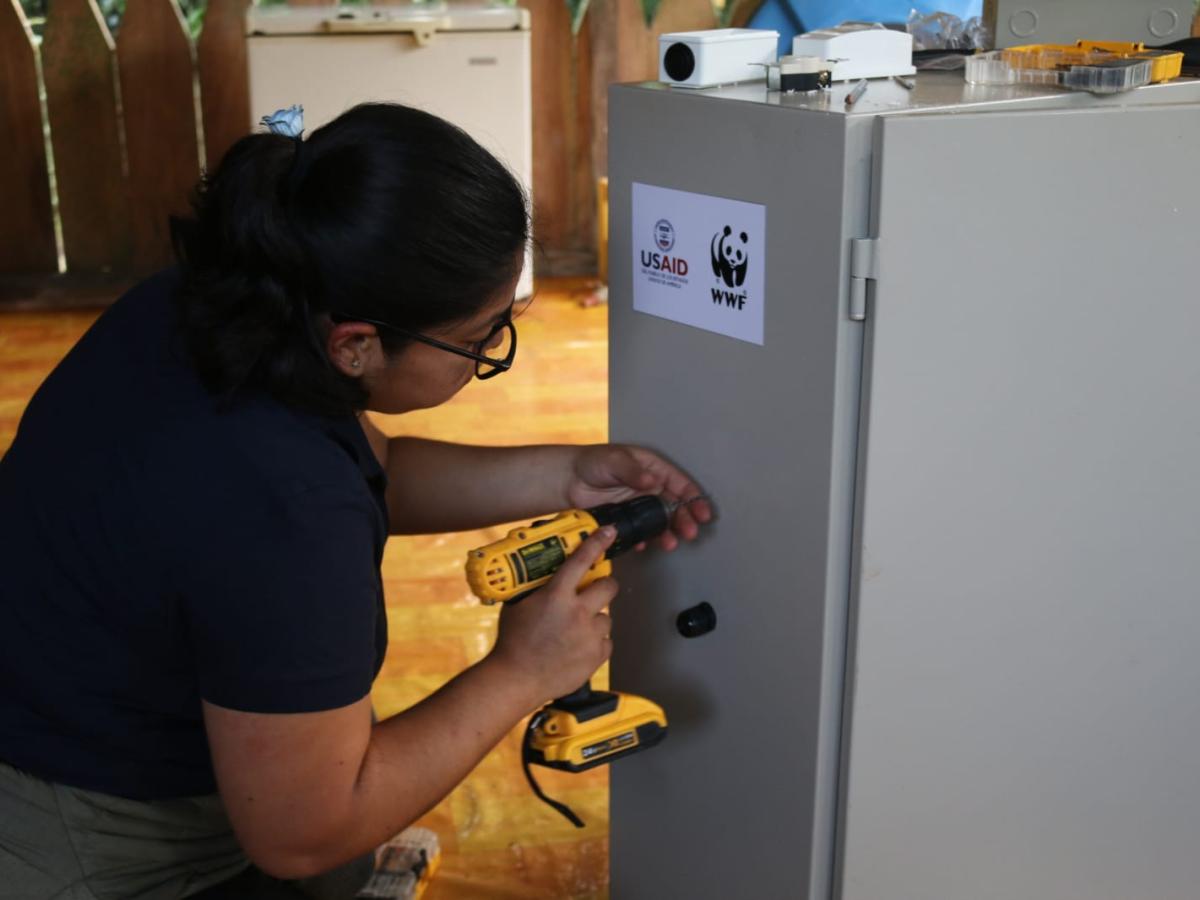
The goal of turning the lodge into an attractive tourist destination motivated its owners to seek help. They applied to become a participant of the Amazon Indigenous Rights and Resources Activity (AIRR) project funded by the U.S. Agency for International Development and implemented by the World Wildlife Foundation (WWF). Since late 2020, the lodge and its restaurant have received assistance from the project. With the purpose of finding new ways to promote the El Pilchi Lodge and the Mandi Wasi restaurant, its owners have undertaken courses in accounting, the law, and marketing. However, the main obstacle hindering their growth was still not having a source of electricity.
The solution, sun power!
El Pilchi Lodge and Mandi Wasi needed more hours of electricity. In March 2022, four solar panels and two batteries producing 2,500 watts of power were installed with support from USAID. The panels allowed the lodge and restaurant to have an internet modem, two freezers to keep the food fresh, and better lighting in the rooms and bungalows. The change was drastic.
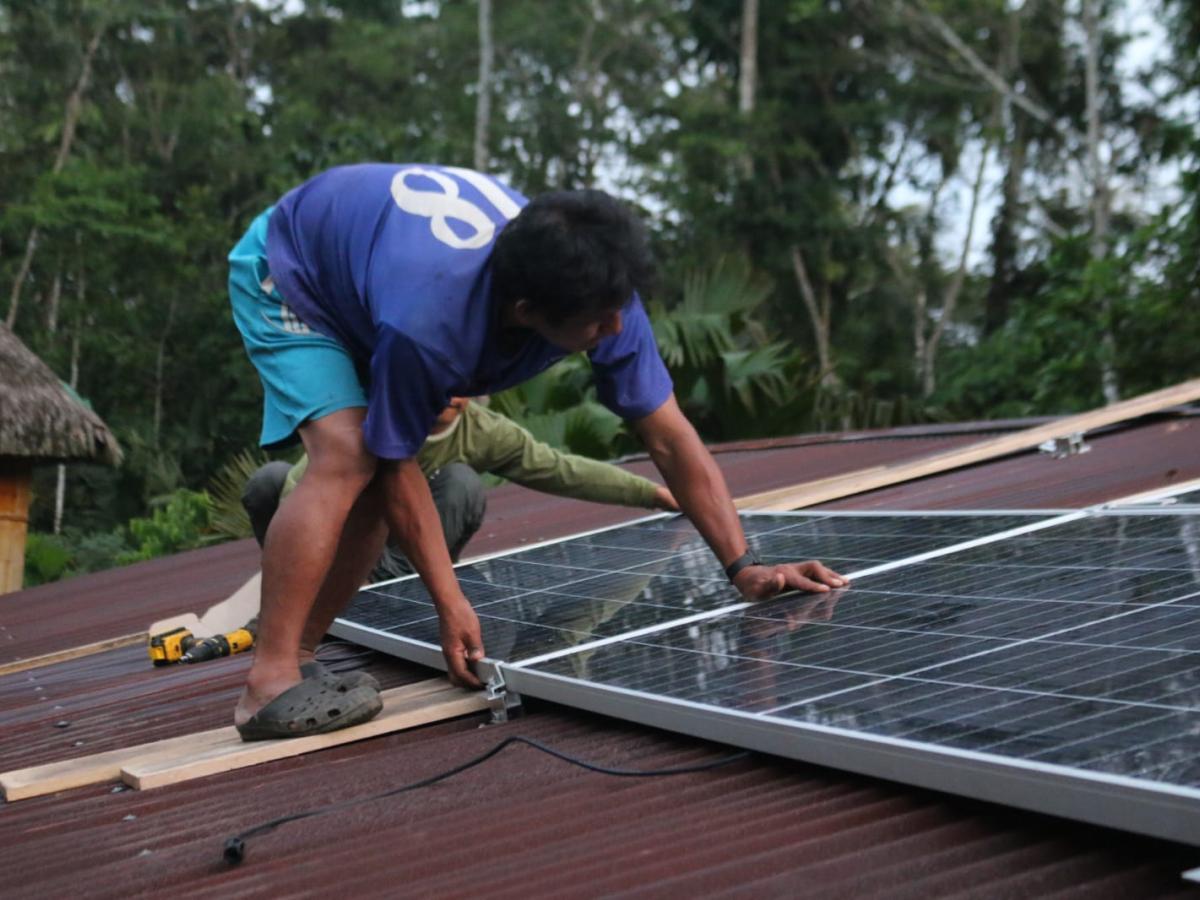
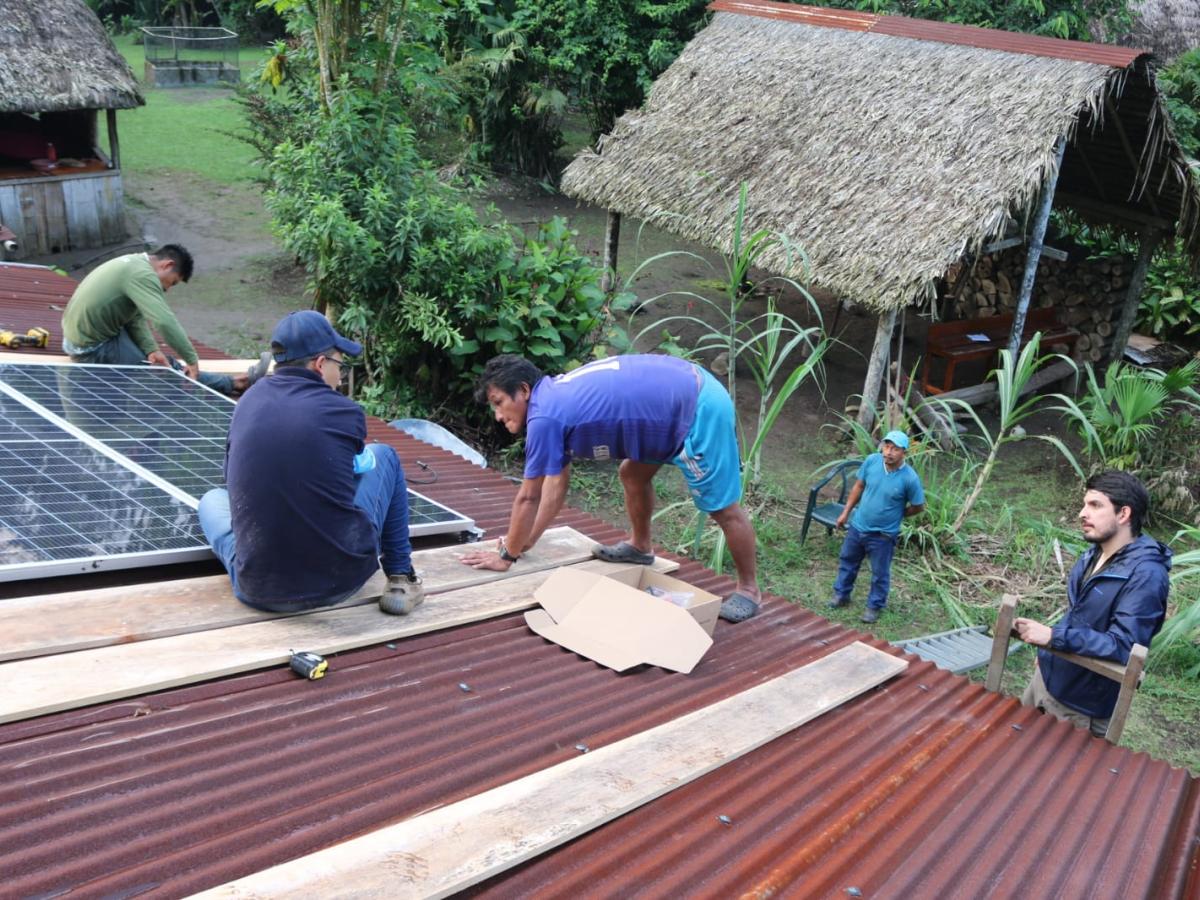
“Thanks to the installation of these panels we have energy and the Internet for our guests. Electricity allows us to better communicate about our projects. Since the installation, we have had more sales and customer visits, have had our food refrigerated, and ultimately improved the life of the community,” highlights Guillermo Machoa, a member of the El Pilchi association.
Access to electricity significantly helped El Pilchi Lodge and Mandi Wasi strengthen their business. They have a greater presence on social media platforms, thereby improving their relationship with customers and tour operators. They have created alliances with tour operators to promote their tourist destination. More recently, this indigenous social enterprise has established important partnerships with lodges such as the Puembo Birding Garden and Neblina Forest to attract more business.
Life in this community has changed for the better. El Pilchi Lodge and Mandi Wasi have more than quadrupled their sales and are an example of how respect for the environment, conservation efforts, and sustainable economies can coexist.
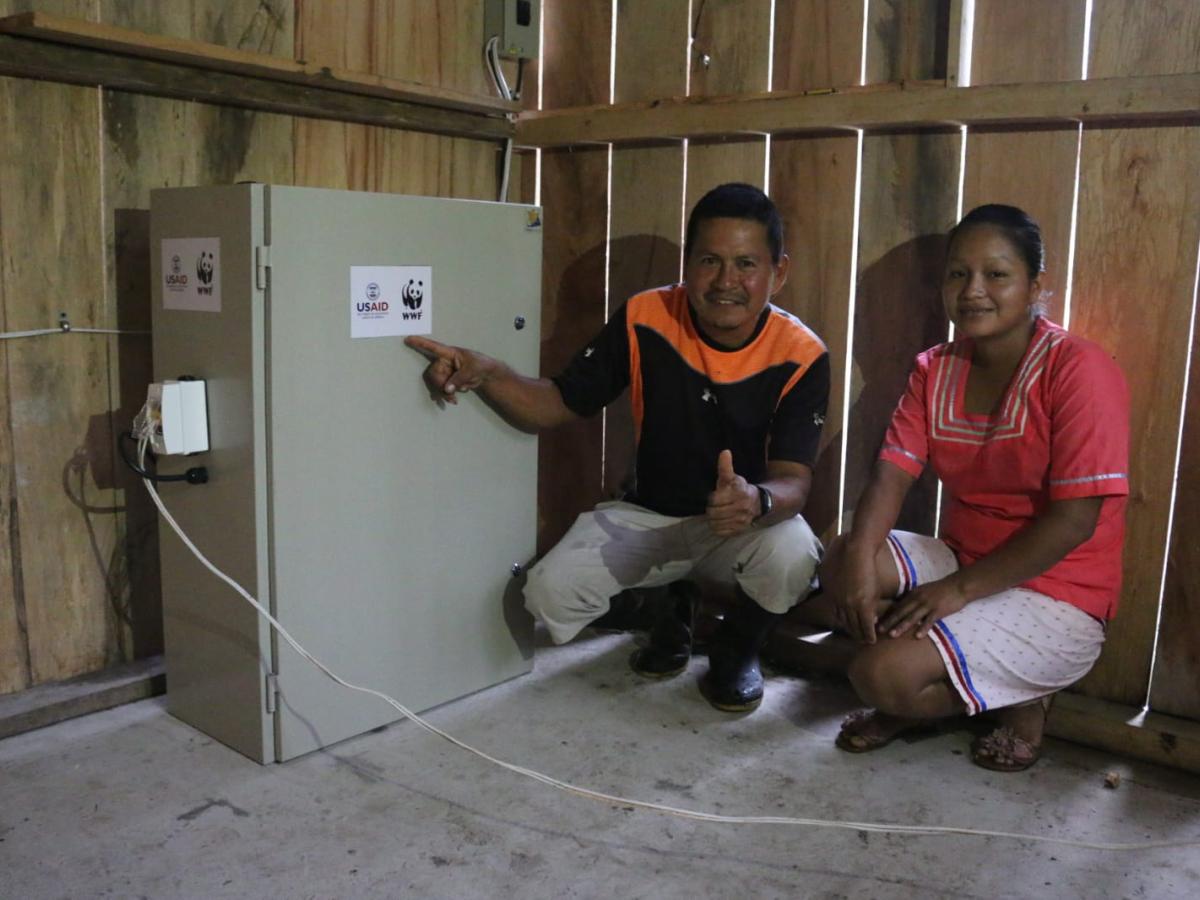
About this story
USAID and WWF’s Amazon Indigenous Rights and Resources (AIRR) project incorporates the rights and interests of indigenous peoples into public and private sector development planning to balance human welfare and environmental conservation. The project also promotes existing indigenous enterprises and helps them grow through a combination of grants, loans and market analysis.
Photos by WWF Ecuador/Joel Heim
Narrative by WWF and USAID/Ecuador
